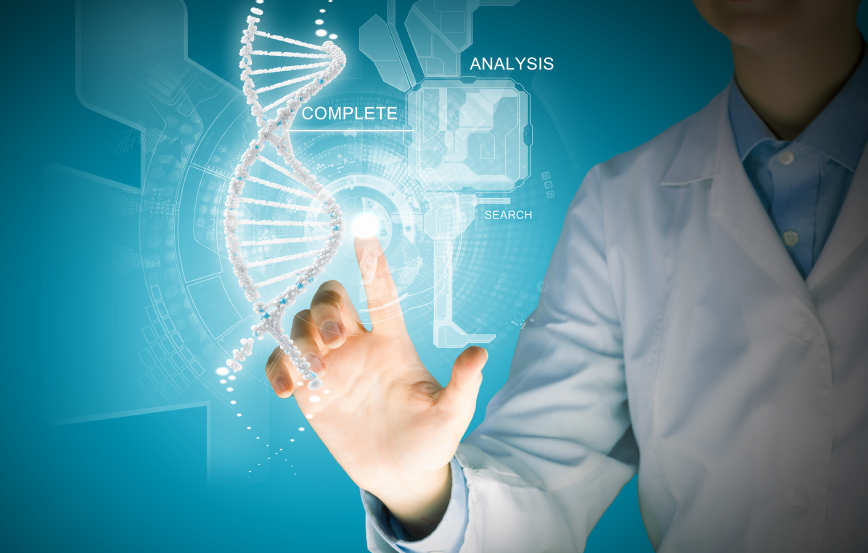On 18 April, a team of Chinese scientists reported in the Protein&Cell journal that they had genetically handled human embryos using the CRISPR-Cas9 technique in a failed attempt to correct a gene responsible for beta thalassemia. Of the 86 modified, non-viable embryos, 15 did not survive treatment and defective genes were corrected in only 4 cases. The “surprisingly high number” of unscheduled mutations should also be mentioned.
As far as Jean-Yves Nau is concerned, “this is a serious matter”, because this experiment “is not a technical feat” but represents “a considerable symbolic fracture” as it “affects the hereditary make-up of the human species”.
Although the CRISPR-Cas9 engineering technique applied to germinal cells “raises numerous concerns”, it will consequently “modify human heredity make-up and, not like conventional gene therapies, just part of an individual’s defective cells”. It therefore concerns “the option to handle the human genome using the embryo such that this modification can be passed on to descendants”, analysed Anne Galy, Director of the Inserm 951 Unit at Généthon d’Evry.
Some see this as “the first stage towards eugenics and the quest for the ‘perfect baby’”. The genetic community tends to agree with the co-inventor of CRISPR-Cas9, Emmanuelle Charpentier, who commented, “This technique functions so well and has been so successful – hence it is important to assess the ethical aspects of its use”. Hence voices are raised, calling for “a new Asilomar conference”, which in 1975, requested a moratorium on genetic modifications.
According to Jean-Yves Nau, this is “an ethical battle that has become crucial for the future and the very concept of human beings”.
Blog de Jean-Yves Nau (24/04/2015); Réponse à tout! (Laurie Ferrère), 24/04/2015; Blog de Jean-Yves Nau (27/04/2015);

